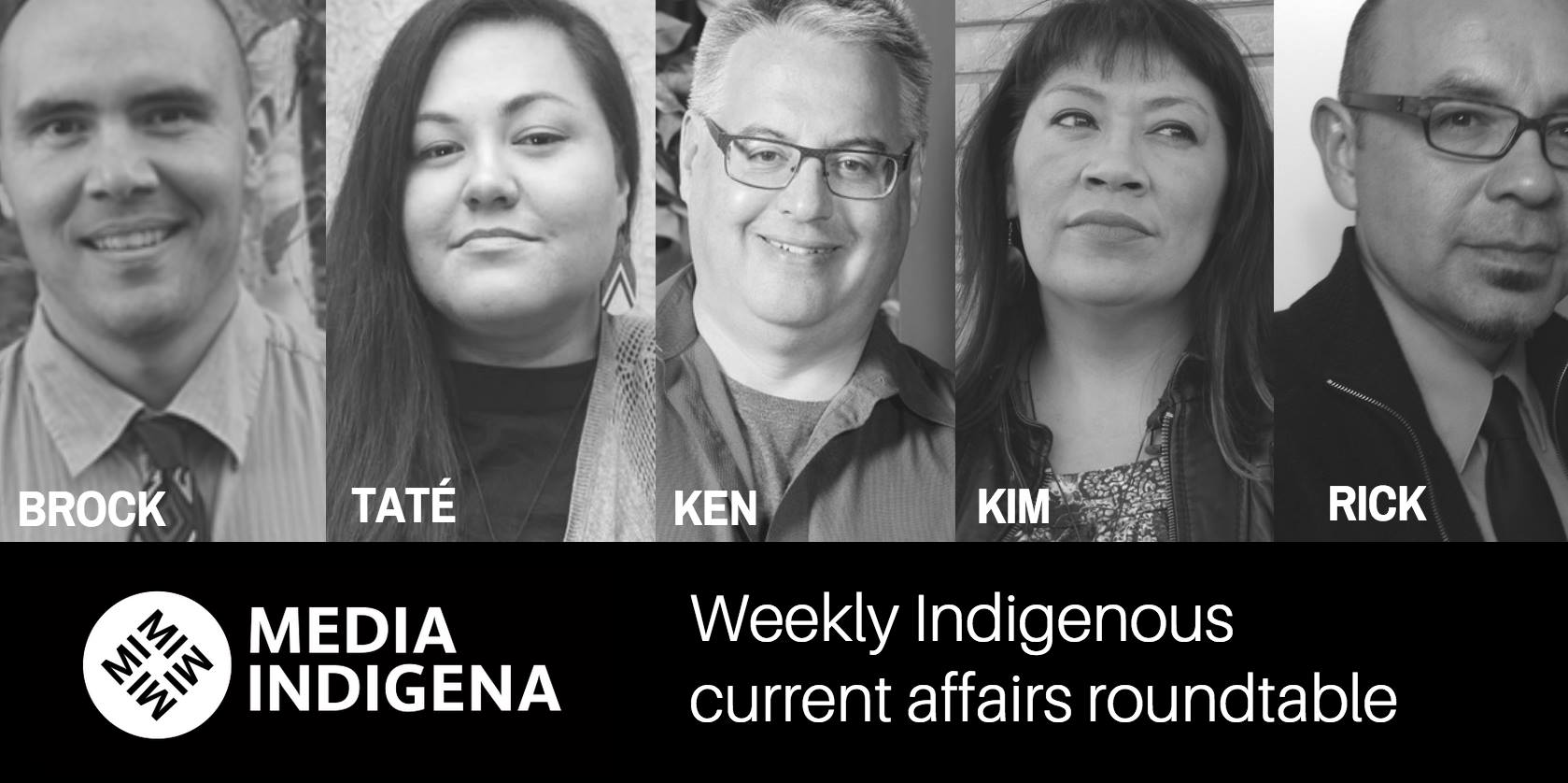Ep. 90: Is Pro-Development Anti-Indigenous, Vice-versa, or Neither?
1. We pore over a poll showing Native Americans who live in "majority-Native areas" in the U.S. face greater mistreatment than anyone else. 2. Pro-development = anti-Indian, or the other way around? We mine recent media narratives that declare environmentalists and First Nations at odds over resource extraction. 3. Breaking the boys club: we discuss musician and poet Joy Harjo speaking out on her struggles as a female Indigenous artist in male-dominated circles. At the roundtable this week are Kim TallBear, associate professor of Native Studies at the University of Alberta, and Terese Mailhot, writer and Tecumseh Postdoctoral Fellow in English at Purdue University.

